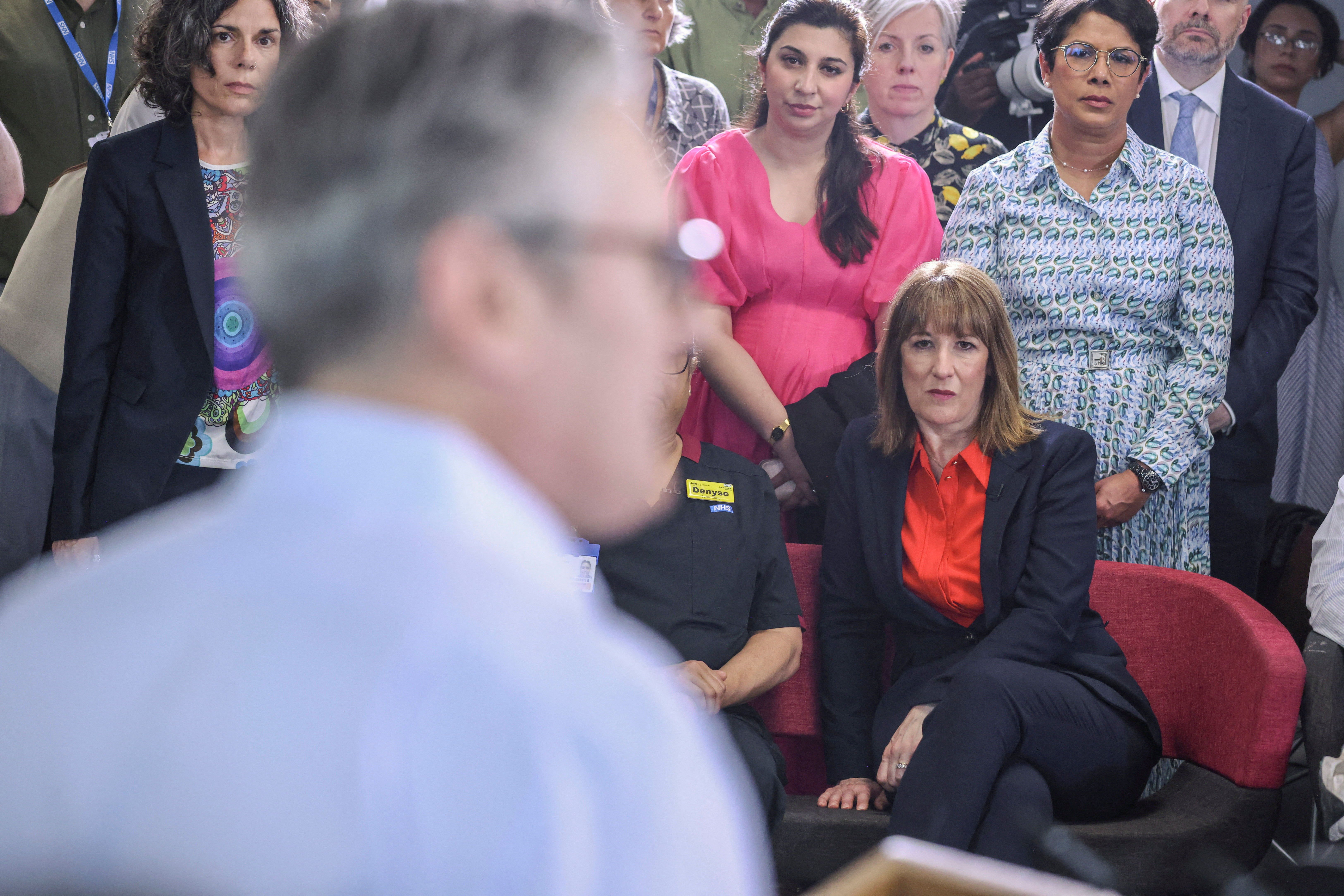Turkey “has problems with all its neighbours”, Cyprus’ President Nikos Christodoulides said on Thursday.
Speaking to French newspaper Le Figaro, he referenced former Turkish Foreign Minister Ahmet Davutoglu’s foreign policy philosophy of “zero problems with our neighbours” during his term in office between 2009 and 2014.
“I remember that Ahmet Davutoglu … said that Turkey will not have any problems with its neighbours, but in the end, they have problems with everyone,” he said.
He was also asked about the Turkish side’s refusal to enter negotiations to solve the Cyprus problem since the collapse of talks at Crans Montana in 2017, saying, “this is not positive”.
“If you do not talk, if you do not discuss, you cannot even examine the possibility of finding a solution to the problems you have. They do not even recognise the Republic of Cyprus. We have noticed a beginning of a rapprochement between Greece and Turkey, we are trying to capitalise on that by sending messages,” he said.
He added, “Cyprus has excellent relations with its neighbours; Israel, Palestine, Egypt, Lebanon, Jordan… but the only country which refuses to talk to us is Turkey.”
Asked about what he would like to tell Turkish President Recep Tayyip Erdogan if he had the opportunity, he said, “we cannot change geography. Turkey will stay a few dozen kilometres away from Cyprus. “
“Let’s see each other and find solutions, if the political will exists. We cannot go on like this. We still believe we can achieve a win-win situation. Turkey could move closer to the European Union. We would rather see it like that than a country which does not respect international laws,” he said.
He then said the situation in Cyprus is “exactly the same as in Ukraine”, adding, “we have an illegal invasion, an occupation, missing persons, refugees. That has been Cyprus’ fight for 50 years”.
“Ersin Tatar, the Turkish Cypriot community’s leader, is totally under Turkey’s control, and he does not support a bizonal, bicommunal federal solution [to the Cyprus problem], as is described in the United Nations’ resolutions,” he said.
“They demand a two-state solution, which cannot be accepted by Cyprus, nor by the international community,” he added.
He then said Turkey had been “close to Russia since the Cold War”, and that “the closest ally of [Russian President Vladimir] Putin is Erdogan.”
“We, the Europeans, have decided on a package of sanctions against Russia, and it was a good thing to do, even if we pay the price for them, especially in the energy sector. But Russia uses Turkey and Erdogan to circumvent the sanctions, like they did with Azerbaijan for gas,” he said.
“The EU is not reacting like it should because, yes, Turkey is a member of Nato.”’
He then once again turned to comparing the situations in Ukraine and Cyprus, saying, “in the case of Ukraine, we Europeans are united on the illegality of the Russian invasion, even if we have different approaches. This sends a very strong message. We do not find this in Cyprus.
“Turkey has good relations with some member states, is a candidate for EU membership, and is a member of Nato.”
However, he noted, “I can say that I am very happy to see, during the last two years, a great interest on behalf of [French President Emmanuel] Macron, of [German Chancellor] Olaf Scholz and of [European Commission President] Ursula von der Leyen in the Cyprus problem.
“I hope that the EU will play a leading role to reach a just and durable solution to benefit all Cypriots.”
Turning his attention to the idea of such a solution, he said “among the difficulties at the negotiating table remains the presence of foreign troops on our soil and the fact that Turkey supports the remaining in place of the anachronistic treaty of guarantee in 1960.
“We no longer need foreign powers to guarantee the constitutional order here, we are a member state of the EU.”







Click here to change your cookie preferences